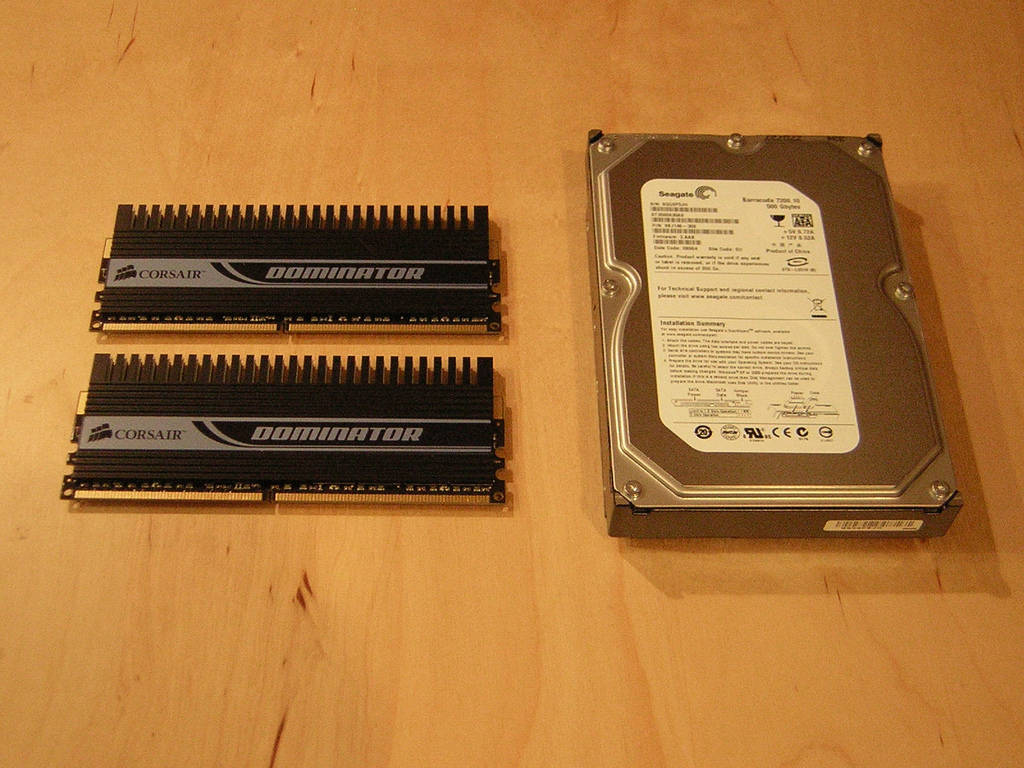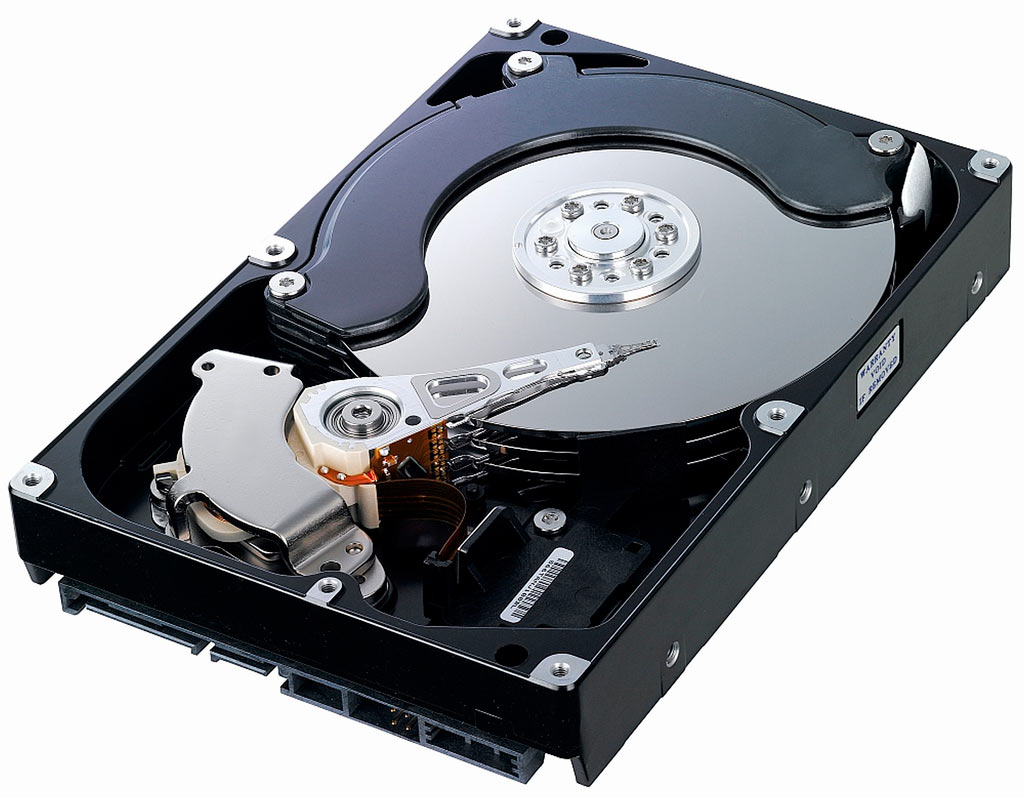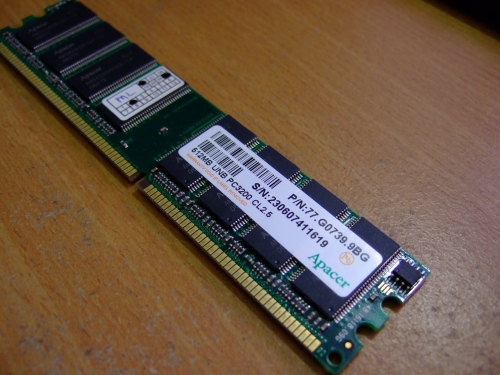Difference between Hard Disk and RAM

In the information technology world, people usually get confused between hard disk/hard drive and memory, when they see the “system out of memory” error on their computer screens. After encountering such issue, most people think that they ran out of hard disk space. In reality, it is their computer’s Random Access Memory (RAM) that gets full.
Both RAM and hard drive are used for storing data. However, the storage capacity of a RAM is much smaller than that of hard disk. A single RAM stick can save data from 1 MB to around 8 GB. On the other hand, a single hard disk can save data up to 1024 GB (1 TB).
Also, RAM stores data on temporary basis, while hard disk saves the data permanently. When you download a file from internet, the RAM installed in your computer will save the file on temporarily basis, and will delete it right after saving it to the hard disk.
In simple words, when a file is processed by the processor in your computer, RAM saves it until the process is complete. The data saved in RAM vanishes right after you turn off your computer, while the data on the hard drive remains saved even after the computer is turned off.
For instance, if you have a MS Word file saved in your computer and you open it, then it will temporarily get saved in your computer’s RAM. While you edit the file, it will remain saved in the RAM. Also, the file saved in your hard drive will not change, until you save the changes you made. When you close the file, it will automatically get deleted from RAM, and will be saved on hard drive with a new copy.
In RAM, the memory modules are made of chips and microprocessors, which save data in the form of bits (0’s and 1’s). In order to store data, RAM needs continuous power supply, as mentioned earlier, the data will be erased when the power supply is disconnected. On the other hand, hard drives are made up of disks and platters and use magnetic disks to save data. Moreover, hard drives do not need continuous power supply to keep the data saved on the disks.
Instructions
-
1
Hard disk
Hard disk is made up to disks and splatters, and can store data on permanent basis on its magnetic disks. A Hard disk does not need to be connected to the power source in order to keep the data saved.
Image courtesy: geekgirlrandom.wordpress.com
-
2
RAM
RAM refers to Random Access Memory, and RAM modules are made up of chips and microprocessors, which save data in the form of bits. RAM need continuous power source in order to save data.
Image courtesy: promo.nextisland.net







